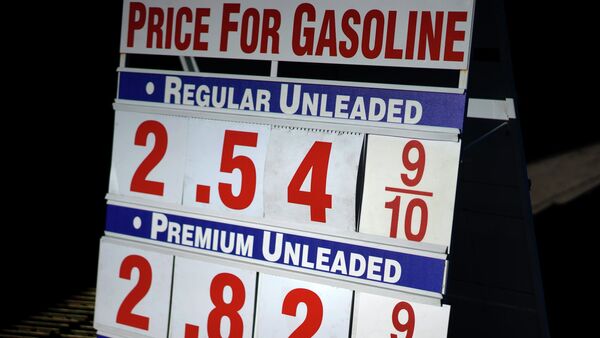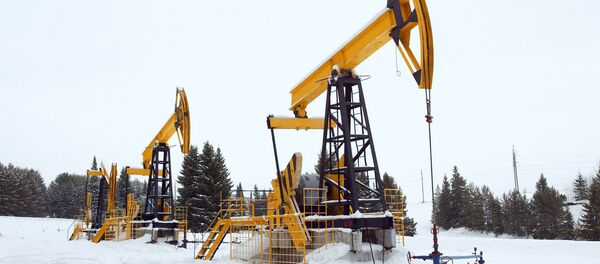"OPEC does not have much market power — the idea of it functioning as a cartel is fiction. Last week's OPEC meeting will have no impact on global oil prices," Brown University Professor Jeff Colgan said.
Colgan added that the organization's inability to address the dramatic decline in the value of crude will magnify some perceived weaknesses.
"The failure of OPEC to act at its recent meeting will only add to the growing awareness that OPEC is dysfunctional as a cartel. OPEC is only a political club," Colgan said.
Colgan did indicate that Saudi Arabia, the world's largest crude exporter, have a market power on their own, but not because of OPEC. The decision to maintain volume levels is important in the sense that it "provides signals about Saudi Arabia's intentions, and those do matter," Colgan explained.
The expert also said OPEC still had the ability to influence prices in the short-term by altering perceptions. However, the 3.6 percent drop in the price of Brent crude on Friday, the day after the OPEC announcement, was quite small and could easily be the result of normal market volatility, unaffected by the OPEC meeting, Colgan added.
Although unrelated to OPEC, if oil prices do remain low it could negatively impact North American energy markets, he suggested.
Over the past three months the market value of Brent crude oil has dropped by over 30 percent. The last time the world faced a similar crisis in 2008, when oil crashed from $145 to $40/barrel, the markets rebounded fairly quickly in 2009.
On November 27, at its 166th conference held in Vienna, OPEC announced that it was not moving from its production target of 30 million barrels per day, according to an OPEC press release. The statement also noted that forecasted growth in world oil in 2015 will be offset by the projected increase of 1.36 million barrels per day from non-OPEC countries.
On Friday, the price of Brent crude fell by $2 to $68/barrel, the lowest level since 2009, but rebounded on Tuesday to close at $71.
OPEC currently has 12 member states, Algeria, Angola, Ecuador, Iran, Iraq, Kuwait, Libya, Nigeria, Qatar, Saudi Arabia, the United Arab Emirates and Venezuela. It control about 40 percent of the world's oil output.



